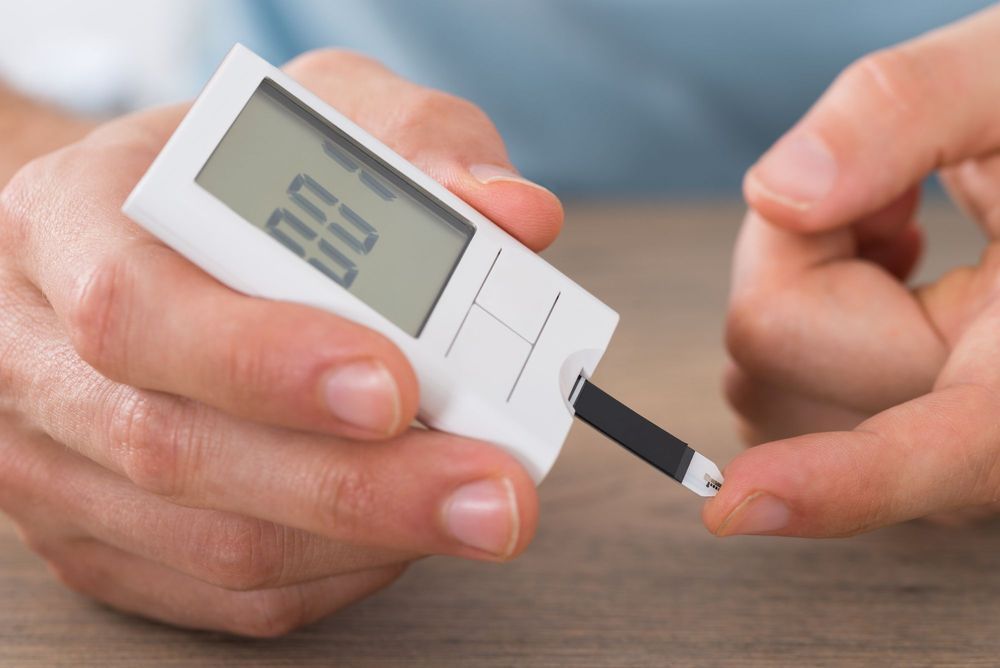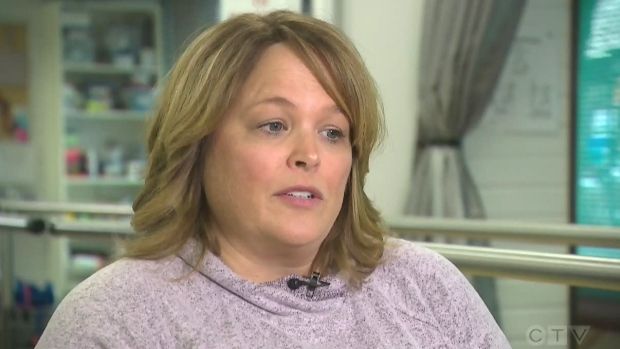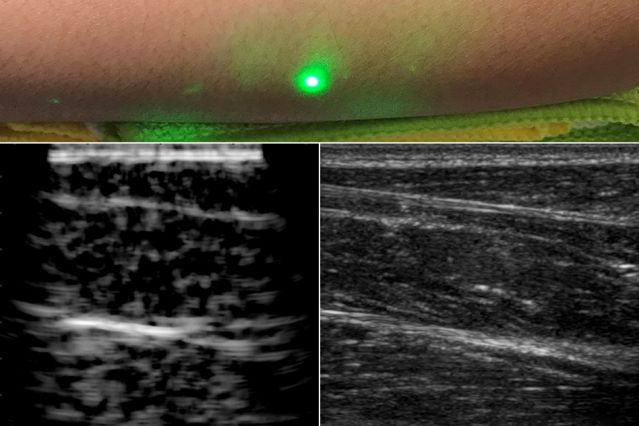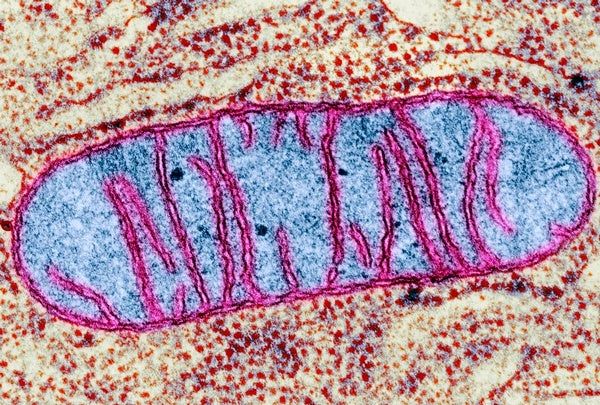Research led by the University of California, Los Angeles (UCLA) has uncovered a new process that may help explain how Type 2 diabetes develops. In tests on live mice and human cells in the lab, the team found a new mechanism besides insulin resistance and high glucose levels that triggers pancreatic cells to begin overproducing insulin.
Type 2 diabetes is the form of the disease that’s usually a result of lifestyle choices, such as poor diet and not enough exercise. It involves a kind of vicious cycle of insulin – beta cells in the pancreas produce too much insulin, which causes the body to become resistant to it. That in turn means the beta cells could produce even more to compensate.
It was long thought that high glucose levels – most commonly caused by eating too much sugary and fatty foods – was the trigger for the beta cells to begin overproducing insulin. But it’s also been shown in the past that even beta cells isolated in a lab dish can over-secrete insulin, without glucose playing a part.







